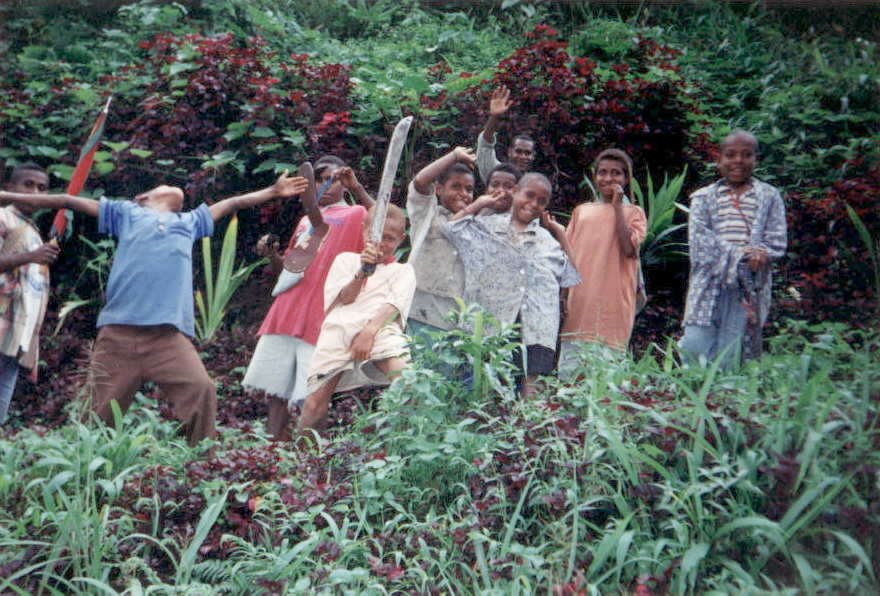I wanted to use the entry to explain a bit more in detail why we are delaying the move to Europe to initiate the Fire Bible project in Papua New Guinea and to answer questions that you may have, more in depth than what would normally be included in a news letter. Here's a sample of the questions we've been asked, and please feel free to ask anything I don't cover it here. The first thing we've been asked is, "What about Sicily?"
We still feel sure of God's call to Sicily. The work is being set up in such a way that Neil will be able to continue to work with the translators even after we move on to Southern Europe. However, to gather a team of translators, equip and train them will require prolonged stays in Papua New Guinea, a great deal of travel within the country, and meetings that really need to be face to face. Once the translation team is in place and has demonstrated they can work with remote supervision, we will be free to move on Europe and still encourage the translators in Papua New Guinea with Neil making periodic trips to assist the translators.
Another question I've been asked is, "Are other churches involved in translating this study Bible?" The answer to that is "Absolutely". The translation team will include Christians from a variety of evangelical backgrounds. The notes for the study Bible were written by a Nazarene missionary named Donald Stamps. He was working in South America and realized that even for those who owned a Bible, they struggled to understand it as they had no Bible studies nor any other Bible helps. In fact, many pastors had neither additional study materials nor any formal Bible training. Stamps was gifted to write clearly and in such a way that the Bible has become an invaluable tool for many indigenous pastors and believers, who are able to use the notes for exegesis, topical study, and to understand the basis for foundational Christian doctrine.
Another question I've been asked is, "Wouldn't a vernacular Bible be better?" The vernacular is always the best choice but for a generation of Papua New Guineans who grow up in settlements or are the offspring of parents who married outside their tribal group, Melanesian Pidgin is their vernacular. There are more than 6 million people in Papua New Guinea, and 5 million speak the language to some degree. It is estimated that more than a million people speak it as their first language!
"What is your time table?" is another question that has come our way. At this point, we expect it will take 2 years to get the work in Papua New Guinea on firm enough footing that it can be maintained from a distance. Internet is still a challenge in PNG and computers are also difficult to maintain. Within two years we believe people can be trained to the point where they will be able to send the work via email. Due to the heavy travel requirements, the ruggedness of Papua New Guinea and the exceptionally high cost of living, it is actually more economical for me to remain stateside so Neil can travel with a minimum of costs and we are not spending extra funds looking for a place where i can live safely. Our vehicle was taken and destroyed before we finished there so Neil can travel on public transit which is not possible for me. My doctor requires I spend a year recovering my immune system and rather than sitting in "idle" we will be able to resume ministry full time as soon as our funding is in place. Neil will travel back to Papua New Guinea as soon as I am able to over our stateside duties. He is already working on the initial logistics and looking forward to returning to Papua.
I may not have answered all your questions but feel free to send them along and I'll do my best to get back to you. You can contact me at kathy.vanaria@gmail.com.
Thursday, July 11, 2013
Subscribe to:
Posts (Atom)

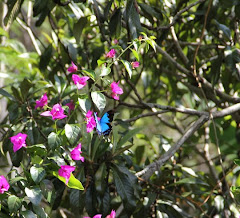


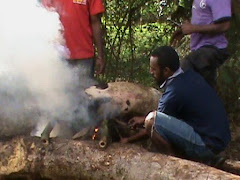







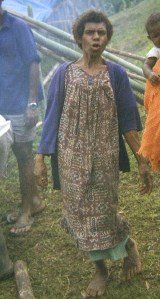
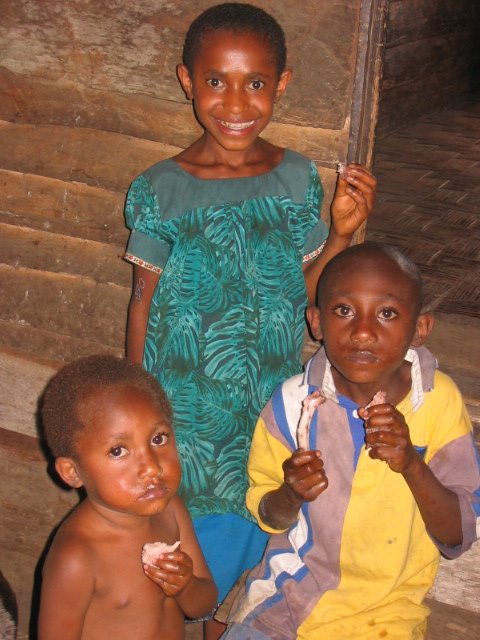

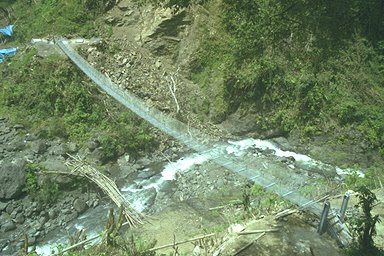
.jpg)
